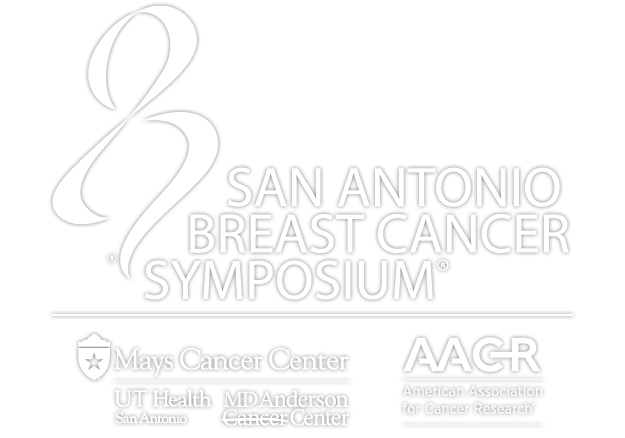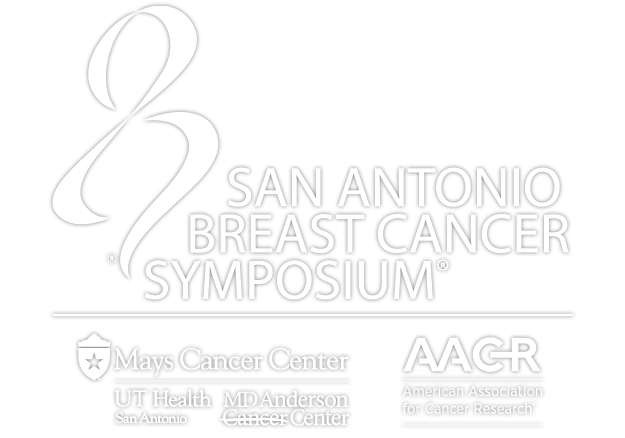
COVID-19 has impacts far beyond its infectious outcomes. The pandemic has affected the entire cancer community, from screening to utilization of services, trials, supply chain, regulatory oversight, and, above all, patients. COVID-19 brought an 80% sharp drop in breast cancer screening in March 2020 compared to March 2019 and more than a 50% drop in new diagnoses by mid-April.
“We know the natural history of lack of screening and lack of biopsies and surgeries is that cancer will grow unabated,” said Debra Patt, MD, PhD, MBA, FASCO, Executive Vice President, Public Policy and Strategic Initiatives, Texas Oncology and clinical professor of medicine, Dell Medical School at The University of Texas at Austin. “This will result in cancer stage migration and increased morbidity and mortality for years to come.”
Dr. Patt discussed some of the changes in breast cancer center operations as a result of the COVID-19 pandemic during How COVID Changed Everything on Tuesday, Dec. 7. She noted that projections published in Time magazine showed a six-month moderate disruption in care could add nearly 6,000 breast cancer deaths over the next decade. And nearly two years after SARS-CoV-2 infections surged in the U.S., breast cancer care has not returned to 2019 baseline measures.
Implementing guidelines and mandates for infection screening and control and other pandemic-related measures required significant changes in cancer screening, testing, treatment, and trials, as well as increasing costs, staff stress, and turnover. The pandemic also accelerated the use of telemedicine, remote screening, and greater flexibility in clinical trials.

“Telemedicine grew rapidly during the pandemic,” Dr. Patt said. “Changes in state and federal regulations made telemedicine easier, legal, and paid for. We are likely to continue to support patients where they are. Many of these challenges will be with us for years.”
Breast cancer trials were hit just as hard as breast cancer care. Accrual for National Clinical Trials Network interventional studies fell by 44% and screening studies by 42% from February to March 2020, reported Ko Un Park, MD, FACS, Assistant Professor of Surgery at The Ohio State University James Comprehensive Cancer Center.
Multiple trials were cancelled, suspended, or delayed because of treatment discontinuation or interruption due to SARS-CoV-1 infection, COVID mortalities, and increased patient risk of immunosuppression from continuing trial treatments. Overall trial enrollment remains well below peak numbers in early February 2020, Dr. Park said.
Social distance requirements, sharp declines in hospital capacity, unpredictable interruptions in non-emergent surgeries, constraints on drug and testing supplies and resources, and biobanking delays continue to alter trial conduct. For example, SWOG 1418/BR006, a randomized phase 3 trial of pembrolizumab as adjuvant therapy for triple receptor-negative breast cancer, allowed treatment delays to ensure patients could continue treatment. And EA113, a phase 3 trial of platinum-based chemotherapy vs. observation following neoadjuvant chemotherapy, swapped in-person contact for virtual consents, treatment delays, local care and laboratory services, and telephone/telehealth observation.
Increased use of telehealth, greater flexibility in site of care, and drug shipment to local treatment sites or direct to patients actually increased participation in trials. The Alliance for Clinical Trials in Oncology found that while urban enrollment in trials fell in 2020 compared to 2019, rural enrollment increased.

“There is a long road ahead,” Dr. Park cautioned. “We must find ways to understand treatment effects in patients who would never experience severe complications from COVID regardless of what treatment they received, and to assess the overlap between known risks of trial treatments and COVID-19 related adverse events, and the benefits we might have seen had patients not died of COVID-19. As COVID continues to linger, we can’t go back to the way we were.”
The FDA agrees that clinical trials will never return to 2019 norms. COVID-19 is a catalyst, accelerating regulatory changes that were already under consideration or underway to ensure faster response, new approaches to quality evidence, and reduced barriers to trial participation, said Donna Rivera, PharmD, MSc, Associate Director of Pharmacoepidemiology, FDA Oncology Center of Excellence.
“In areas where change can benefit patients, we should all be agents of that change,” Dr. Rivera said. “The safety of trial participants is paramount. This was true before the pandemic and continues to be true now.”
The FDA has issued multiple guidances related to COVID-19, she continued, including clinical trial conduct. The agency was already promoting changes and did not create any new rules for clinical trials during COVID. The agency has made four key approvals in breast cancer during the pandemic:
- tucatinib + trastuzumab + capecitabine for patients with HER2+ metastatic breast cancer
- sacituzumab govitecan-hziy, the first antibody-drug conjugate targeting Trop-2 for metastatic triple negative breast cancer
- pembrolizumab for neoadjuvant/adjuvant use in TNBC
- abemaciclib for adjuvant HR+ breast cancer.
“COVID-19 has forced drug development to change,” she said. “That has created opportunities in decentralized approaches to trials and expanded use of real-world evidence and real-world data. We can create stable change and, most importantly, continue to advance patient-focused drug development.”
This subsession was part of the Special Session COVID-19 and Cancer, which included two additional subsessions, Living in the COVID Generation – Vaccinations and Patient Perspectives, and Impact of COVID across the Cancer Continuum. The entire session is available on-demand to registered SABCS attendees until March 10, 2022.



